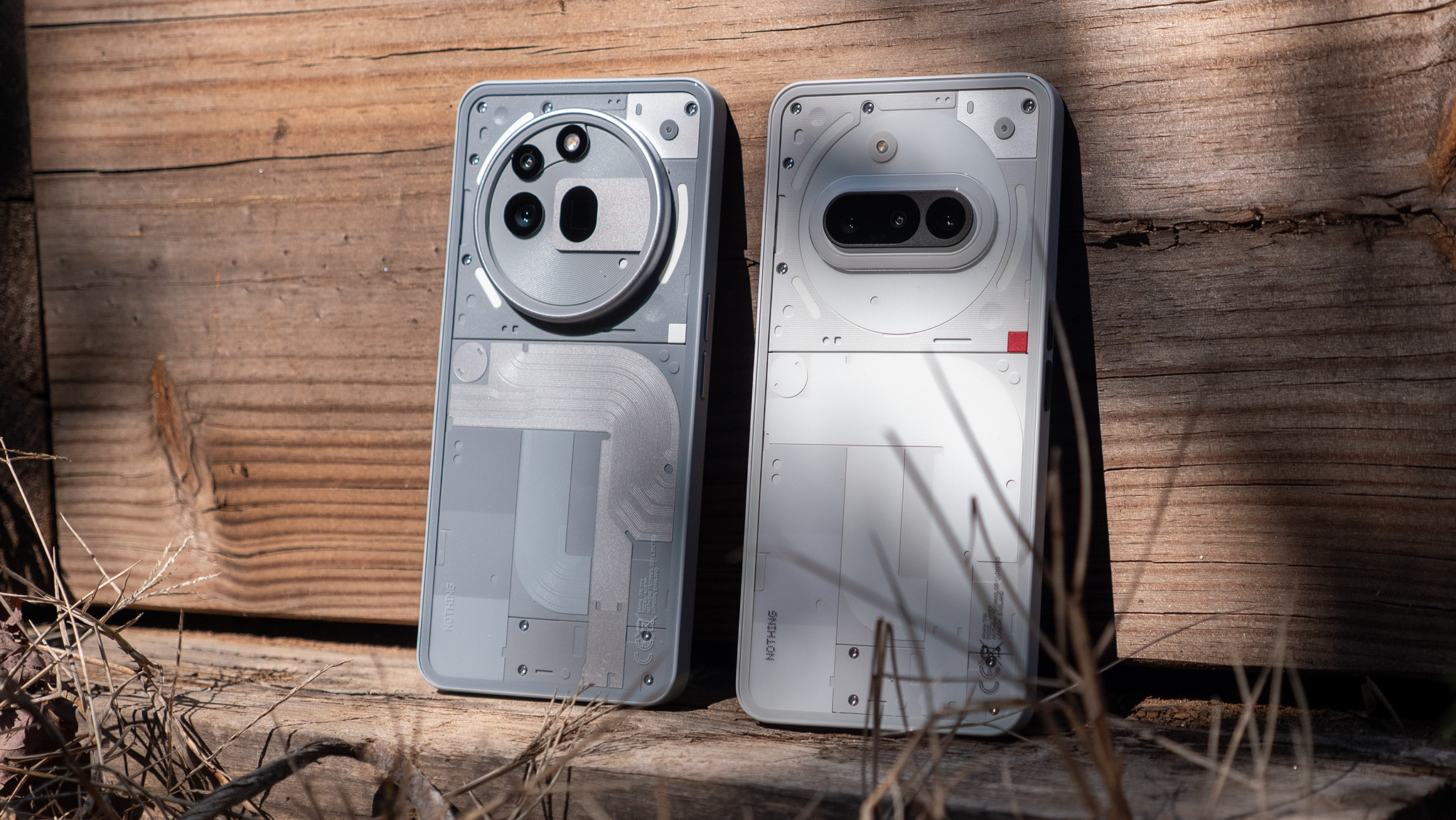Imagining a world where iMessage came to Android
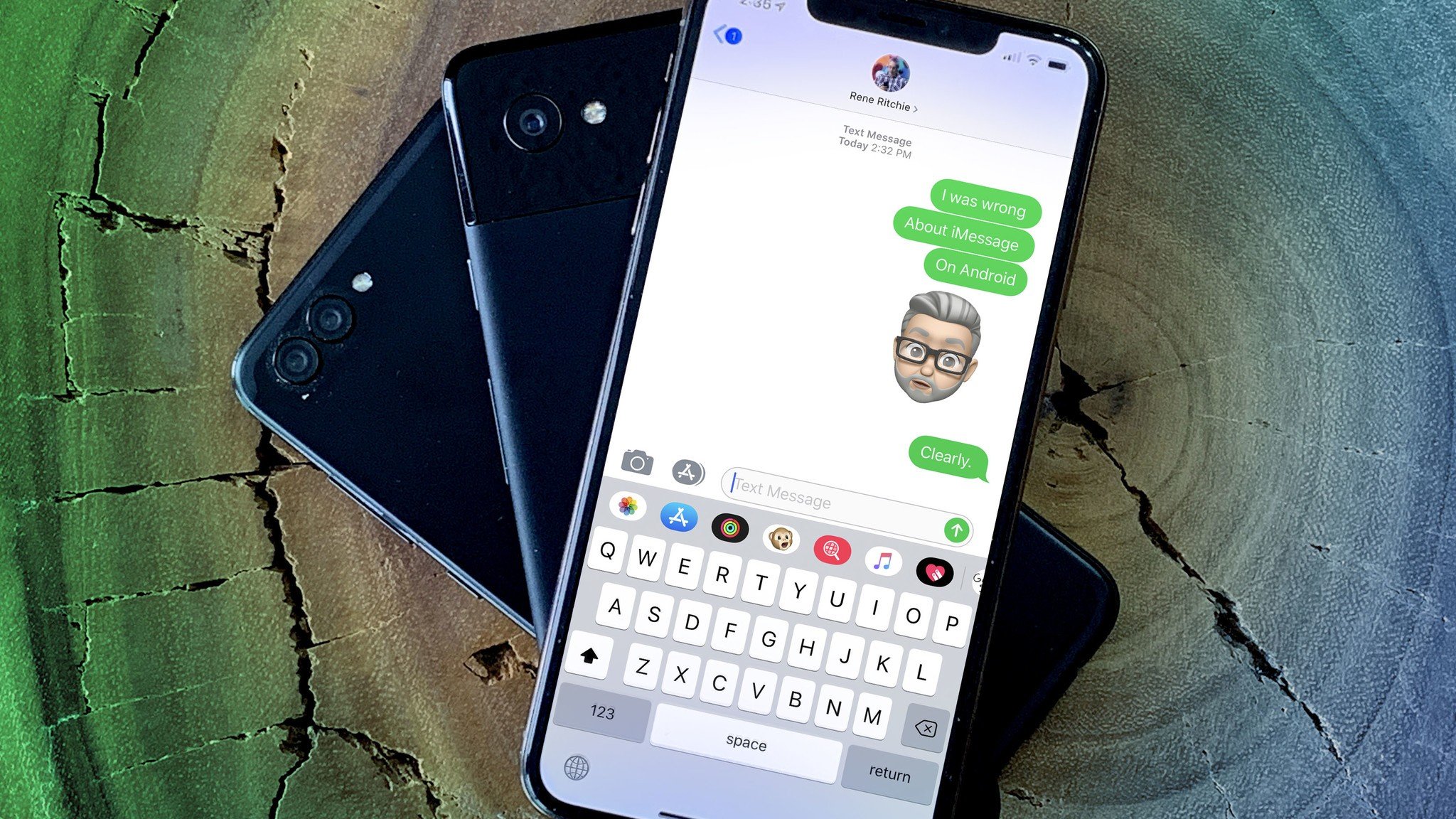
Get the latest news from Android Central, your trusted companion in the world of Android
You are now subscribed
Your newsletter sign-up was successful
In 2013, Apple's senior VP of software and services Eddy Cue wanted to bring the iMessage service to Android, but the idea was nixed by other Apple executives, including Apple's SVO of software engineering Craig Federighi. Ever since, there have been a lot of people who wish it could have happened.
Of course, this would have had an impact. Many people think iMessage is the best messaging app available, and with the iPhone holding a large portion of the market in the U.S. and the U.K., sales numbers might look a little different. But neither Google nor Apple is the winner here. Instead, both lost the battle to Facebook because Apple didn't make iMessage cross-platform.
Apple's future would have changed
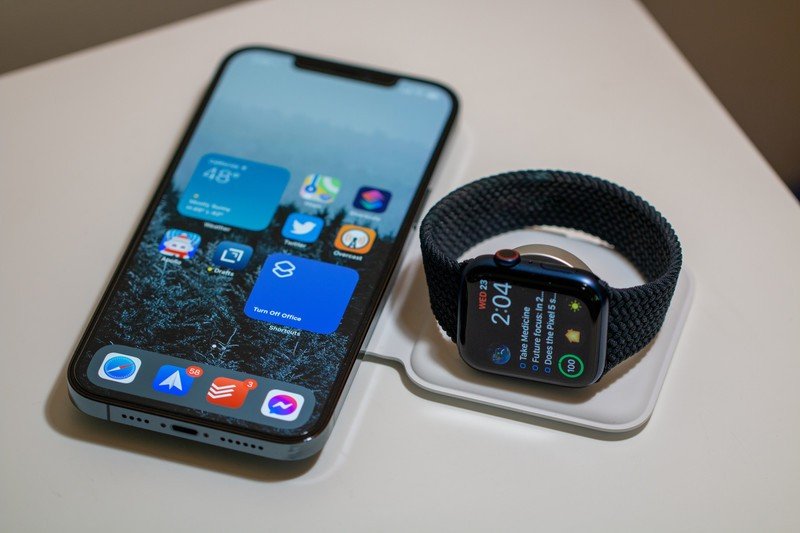
There are people who won't use any messaging app except iMessage. In fact, those people sometimes refuse to talk to someone who isn't sending a blue bubble in the app because they are using a different platform.
It's a good service. It's not the end-all-be-all Apple likes to claim it is and it has more than a handful of technical faults, but it's the default app on the iPhone, and it's pretty good. That's a formula for success, and I'll bet that most iPhone users in the U.S. use iMessage as their chat and texting app. And if you're Apple, this is more than enough reason to keep it away from Google.
Apple uses iMessage as a lock-in to the iOS ecosystem. It works because iMessage is good.
Apple uses iMessage as a lock-in to keep users from switching away from iOS. Or, as Federighi puts it, "[it] would simply serve to remove an obstacle to iPhone families giving their kids Android phones." And he's exactly right. There are plenty of ways to chat from the same account on every device in the world, but there is only one way to chat over iMessage: buy Apple products.
A look at global market share doesn't tell the story, but a look at U.S. market share (and to a smaller extent the U.K and Japan) does. Three of the richest countries in the world have about half of the smartphone users holding an iPhone, which is something that Apple places an enormous value on.
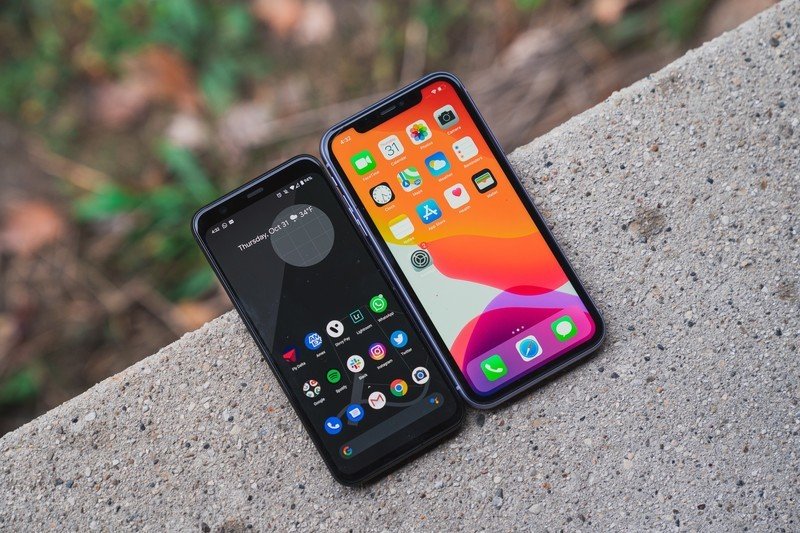
If there were one less thing to keep users in the Apple ecosystem, these numbers could be a little different. You can buy an Android phone with a better screen than an iPhone. You can buy an Android phone with a bigger battery than the iPhone. You can buy an Android phone with a better camera than the iPhone. In fact, outside of the chip inside, the iPhone's hardware is far from the best available.
Get the latest news from Android Central, your trusted companion in the world of Android
Apple would have lost significant market share had it made iMessage for Android.
On the software side, iOS is extremely polished, and Apple does a lot of work to keep things simple to use. A lot of folks value these things and wouldn't let hardware influence any decision to switch. There's also a perception that iOS is better than Android, and while that might have been true years ago, it isn't really the case today.
One thing a lot of people want to overlook is how Google could help Apple to improve iMessage. For some reason, in 2021, if you try to reply to a group iMessage chat using SMS, everything breaks, and the entire thing defaults to an SMS conversation. There is no real technical reason for this, and I have a feeling Apple likes it being this way. If not, Google has some of the best network engineers on hand and would happily investigate the issue if asked.
All things considered, Apple would have lost market share to Android had it allowed iMessage to come over. How much is up for debate because the iPhone does offer other benefits, but having a good messaging app means a lot. Especially when you keep telling the world that it's better than everything else and you have a user base that agrees.
Android would look different, too
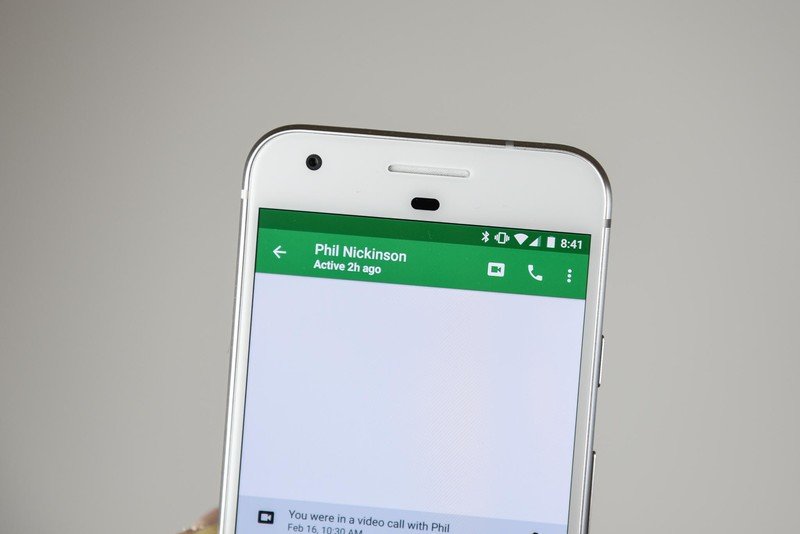
Messaging on Android isn't as cut and dried as it is on iOS. There is an overwhelming selection of different services and apps, and even the carriers are in on the action. Google is unable to fix it. It will never be able to fix it because once you give people plenty of choices trying to corral them away from what they like isn't going to happen. People find what they like and will keep using it.
Android users would have rushed to install iMessage in 2013.
But what if iMessage was an option for Android faithful back in 2013? Would users have decided they wanted in on it and stuck to it? Yes.
In 2021 iMessage isn't nearly as special as it was in 2013. Back then, SMS was the standard in the states, and that meant your carrier got to decide what type of media you could send, how big a file could be and took no measures to keep your messages safe. That's changed a little but if you look back and remember, messaging was bad in 2013. Really bad.
What made iMessage great in 2013 was that it was a gateway for SMS that could send messages as data. That means photos and videos didn't look like garbage, and your carrier didn't get to see anything not sent over its SMS channel. Compare that to the alternatives, and you can see how iMessage could be very appealing. So appealing that Google tried to emulate it when it announced in 2013 that Hangouts would act as an SMS app in Android KitKat.
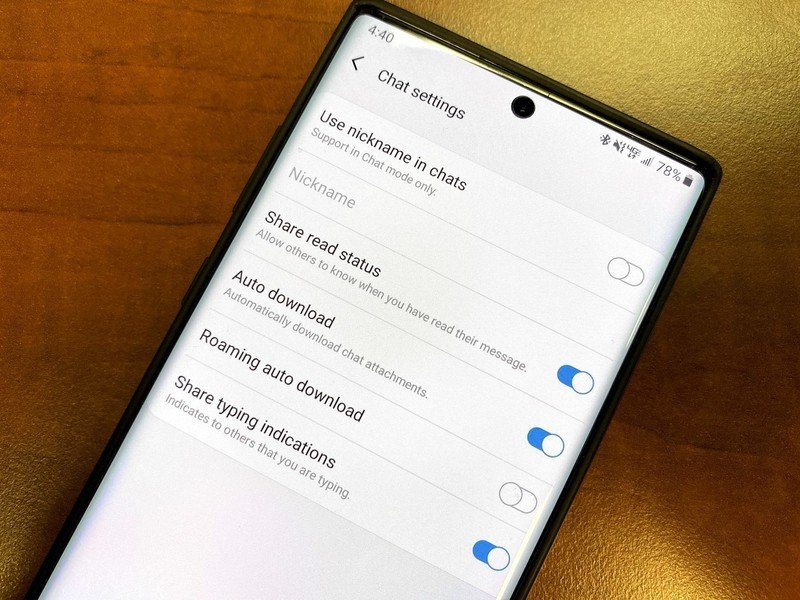
Where Google failed was the user interface, which was a lot busier than iMessage. This alone would have influenced many a decision to install and use iMessage, as evidenced by Hangouts being depreciated in favor of multiple failed attempts at a universal messenger. While some people like iMessage because Apple makes it, others just like using it without changing any settings or fiddling inside any menus.
Google can't fix messaging on Android. Taking away choice would backfire.
Google finally got things together and drove the change to RCS. Now you can use the Messages app on your Android phone, and as long as the other party has an RCS-capable app installed, there is no line between SMS and chat. Google might not have tried to bring this change if half the customer base was using iMessage. That's important because RCS is a far better service than SMS, and we all should be happy to watch the latter die off.
What about market share, though? Would removing "an obstacle to iPhone families giving their kids Android phones" actually have happened? Absolutely.
Most parents would happily buy one of the best Android phones under $200 for the kids and have less headache to deal with when kids do what they do best and break it. Those parents could also use iMessage to talk to their kids, who could use iMessage to talk to their iPhone-using friends. Android market share, especially in the under-18 group, would have grown significantly. And as the kids grow up and buy their own phones, there is a much better chance they will keep using Android because of similar lock-in on the Google side of things.
I'll go as far as saying I think U.S. market share would look a lot like global market share had iMessage come to Android. Android getting iMessage is a nightmare situation that Apple was wise to avoid. Mostly.
The real winner is Facebook
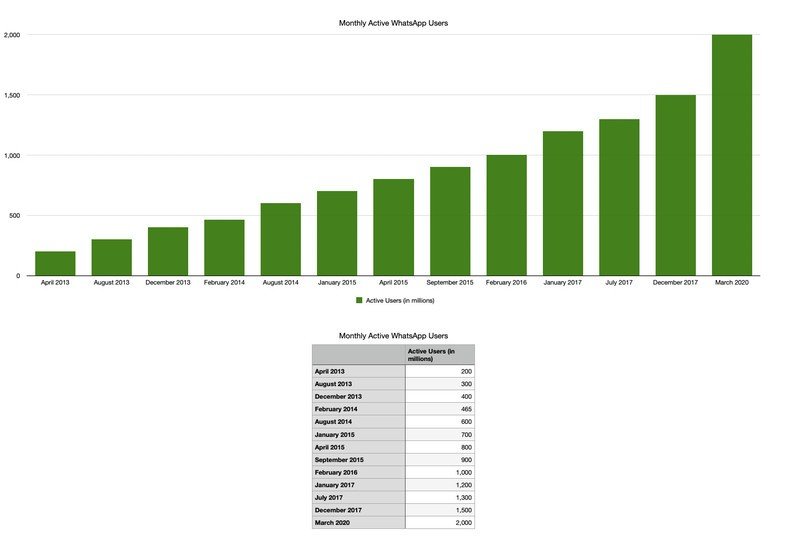
Yes, you read that right — Facebook. While we can speculate how much market share Apple would have lost or how Google could have changed its attempts at building an iMessage-like service to Android but we know one thing: without iMessage on Android WhatsApp took over the world.
According to Statista, in 2013, WhatsApp had 200 million active users. In 2020 the service topped 2 billion users. Do you know what happened during that time? Smartphones ended up in almost everyone's hands.
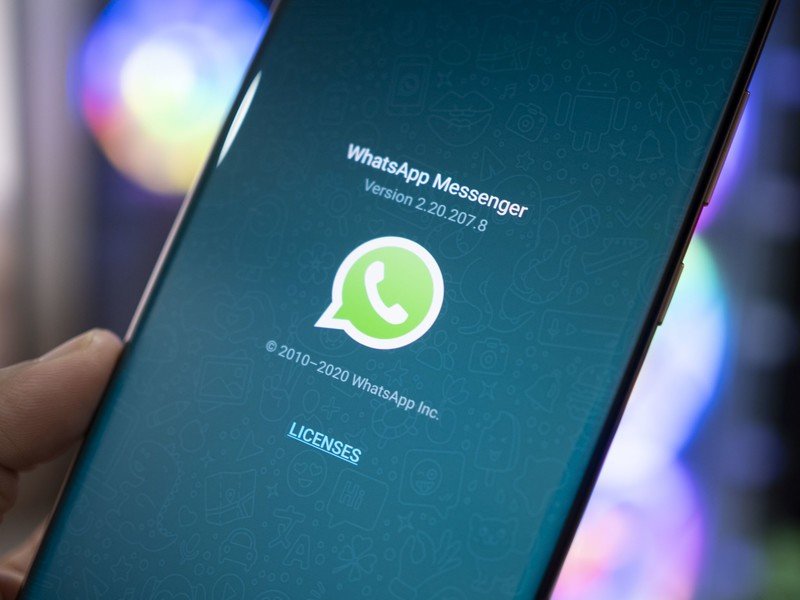
WhatsApp grew with Android. Without an iMessage of its own, users — especially outside of the U.S. — needed a good way to chat that didn't cost 5-cents per message after the first 500 every month. As more and more users got an Android in their hands, they installed WhatsApp to talk with friends and family, or even to order food or to call a taxi. WhatsApp seemingly does everything.
Outside of the U.S., everyone uses WhatsApp.
WhatsApp also has matured into a great app with features that rival those of iMessage and anything Google has to offer. This potential is what made Facebook buy the service. Outside of a few blunders from Zuckerberg and company, WhatsApp is filled with really happy users. That's a lock-in in and of itself.
And by now it's too late to change anything. As long as WhatsApp stays around (and it's not going anywhere anytime soon), it will continue to draw more and more users because of two things: it's a good service, and it works in every country on every smartphone. When Android reaches the 3 billion user mark, WhatsApp will soon follow.
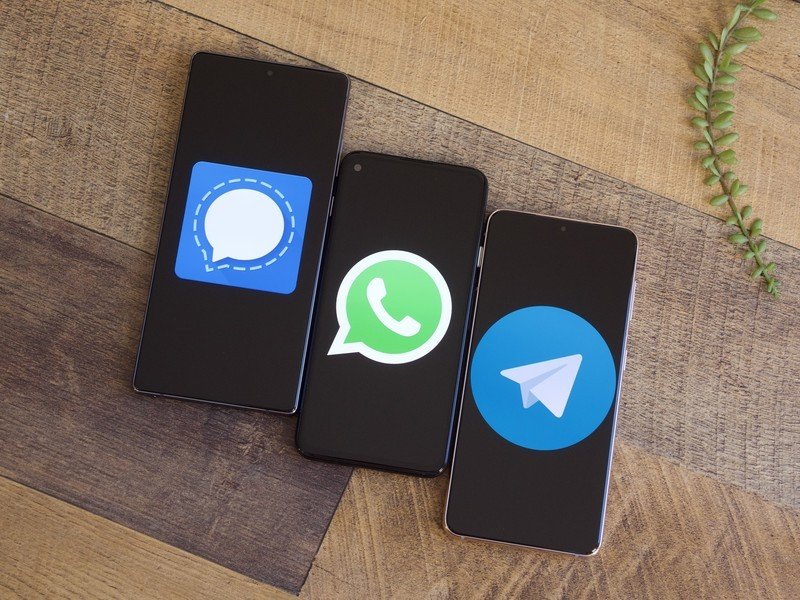
There are plenty of great services you can use to chat with friends and family that aren't tied to any one particular brand of smartphone. But iMessage is still what you hear about most, even though you're probably using WhatsApp.
Messaging will continue to evolve, and iMessage will keep considerable mindshare even though it doesn't have the market share to back it up. But things would have looked very different had Eddy Cue been allowed to move forward and release the service to Android, and by extension, Windows.

Jerry is an amateur woodworker and struggling shade tree mechanic. There's nothing he can't take apart, but many things he can't reassemble. You'll find him writing and speaking his loud opinion on Android Central and occasionally on Threads.
